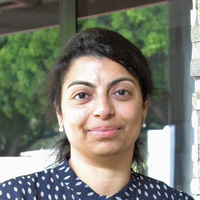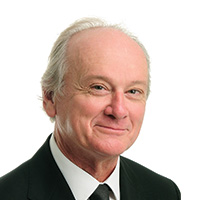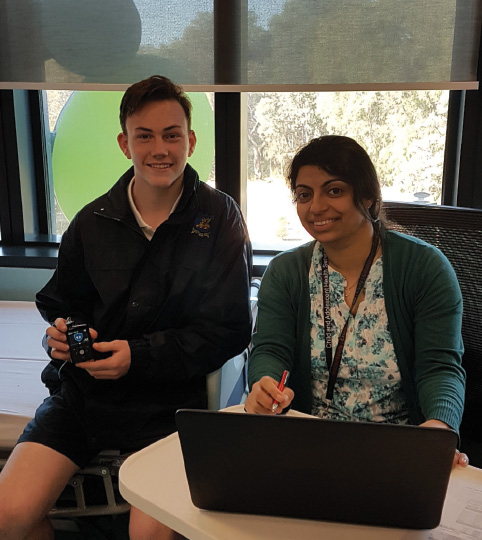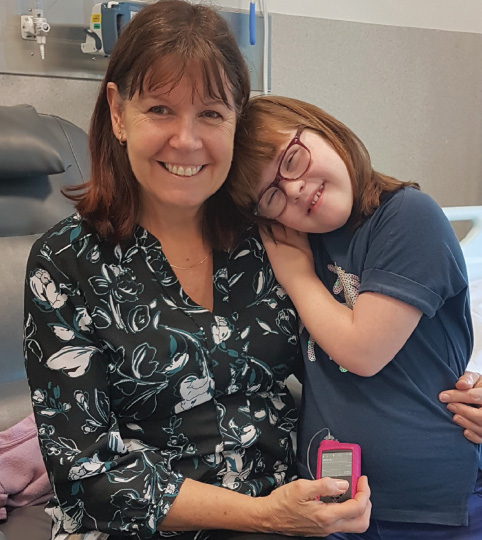One hundred years after the discovery of insulin, technology advancements are being heralded as the dawn of a new era for managing type 1 diabetes (T1D) in young people.
Living with type 1 diabetes – a common disease affecting all ages, particularly children, where the immune system stops the body making insulin – is exhausting, unrelenting and can be lifethreatening.
Those with the disease must administer insulin in order to keep glucose levels within an appropriate range, with a need for constant decision making part of daily insulin management.
But new technology is being shown to take some of the burden away and improve quality of life for young people living with T1D.
A world-first clinical trial led by Dr Mary Abraham, Professor Tim Jones and Professor Liz Davis from the Children’s Diabetes Centre, based at the The Kids Research Institute Australia and Perth Children’s Hospital, has found young people with type 1 diabetes have better glycaemic control and quality of life while on a hybrid closed loop (HCL) system versus conventional treatments.
The HCL system – a device that is a step towards an artificial pancreas – consists of an insulin pump, a sensor with transmitter and a maths program (an algorithm) within the pump that automatically works out how much insulin is needed.

When the system is working, insulin delivery is automated with more or less insulin delivered according to sensor glucose levels. By doing that, it takes some of the burden away from the person with diabetes, and their family.
Dr Mary Abraham


Dr Abraham and her team conducted the landmark study – Australia’s longest and largest ever at-home paediatric trial of the HCL system – before the system was commercially available. The Perth-led study, with five tertiary paediatric diabetes centres participating across the country, involved 135 participants aged between 12 and 25 years.
Published in JAMA Pediatrics in October 2021, the study was the first to provide robust scientific evidence that using the system is better than current therapy – either insulin injections or standard insulin pump therapy – at keeping glucose levels within the normal range.
Professor Jones said the results were clear, with the study showing the HCL system helped make diabetes management easier and reduced the burden of the disease for both individuals and their families.
“A unique component to this study were the participant-reported outcomes, which highlight better treatment satisfaction and quality of life with the HCL system,” Professor Jones said.

The trial participants liked the system and said it made a difference. Families reported less stress and fewer complications. Parents sleep better, family stress is reduced, and anxiety is reduced.
Professor Tim Jones


The HCL system is now in clinical use and available to patients. Using the lessons learnt from the trial, they have been able to replicate similar results in clinic patients.
The results from this landmark trial have also been used to inform international guidelines around diabetes management.
“Being able to use the system before it was commercially available gave us the opportunity to educate and upskill our clinical staff and ensure adequate resources and follow-ups are provided to families commencing on the system,” Dr Abraham said.
“The next stage with all technology is further improvements and iterations to make the system better. Ultimately we want to have a system we give to people that manages their diabetes automatically without them having to put as much effort into it.”

Dr Mary Abraham with HCL trial participant Connor McGillivray, now 19

Clinical research nurse Julie Dart with HCL trial participant Faith Pascoe, 15
